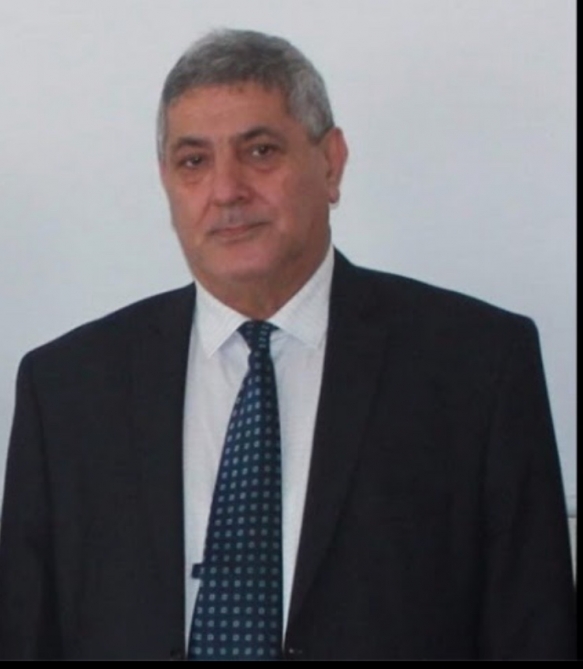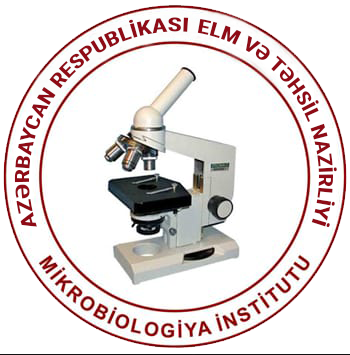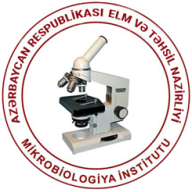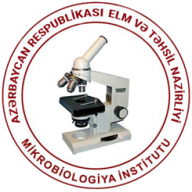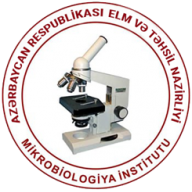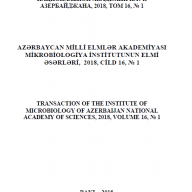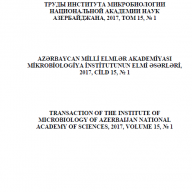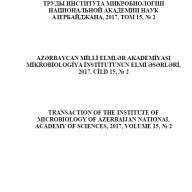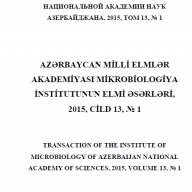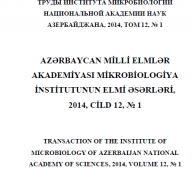The night of February 25-26, 1992, was written in history not only by the bloody tears of the people of Khojaly but also by the bloody tears of our people. The brutal killing of civilians by Armenian armed forces in Khojaly on that day is a crime against humanity, was stated by Panah Muradov, Acting Director of the Institute of Microbiology to AZƏRTAC.
P.Muradov spoke about the policy of genocide pursued by the Armenian nationalists against our people from time to time, and the bitter consequences of the Khojaly tragedy:
"People who lived through this tragedy twenty-nine years ago know very well that all of Azerbaijan was in turmoil in those days. In 1992, Khojaly was one of the besieged cities, and unfortunately, the Armenians who took advantage of it did not hesitate to commit this massacre. Armenians, our hated neighbors, became direct participants in the atrocities committed against peaceful, unarmed Azerbaijanis in Khojaly with the help of the 366th motorized infantry regiment of the former Soviet army. The importance of conveying the Khojaly genocide and its bitter consequences to the world community is that everyone should see the real face of the Armenians and know who they are. During the Khojaly events, Armenian executioners skinned children, chopped people, and tortured them with bayonets. The elderly, women, and children were not allowed to leave Khojaly. Everyone should tell their grandchildren about what happened in Khojaly, not to let this crime be forgotten, and pass the truth on to future generations.
Panah Muradov stressed that for the first time this tragedy had been assessed legally and politically by national leader Heydar Aliyev, thus, at his initiative, on February 24, 1994, Milli Majlis adopted a resolution "On the Day of the Khojaly Genocide."
Khojaly genocide is one of the bloodiest tragedies of the XX century
